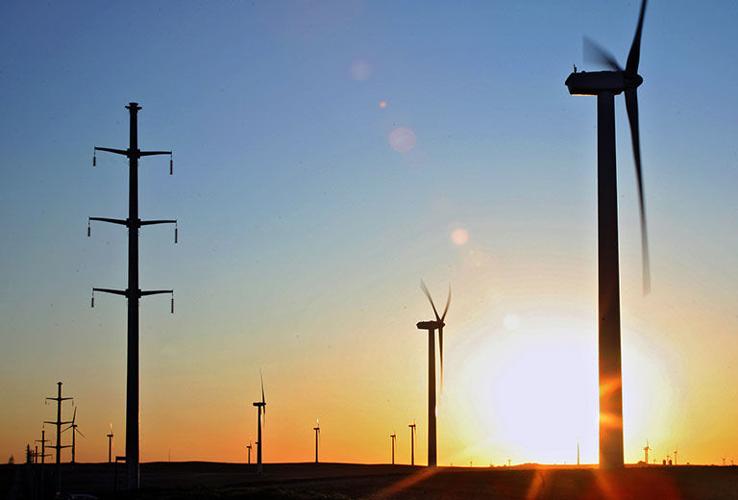Xcel Energy’s plans for the future of electricity approved by PUC
Colorado’s energy regulators this month approved Xcel Energy’s energy resource and clean energy plans.
The plans, which the company filed in 2021, specify how Xcel will meet consumer’s energy needs through 2030.
As approved, the plans will, among other things, end the company’s use of coal by 2031, when the state’s final coal-fired powerplant, the $1 billion Cherokee 3 power station near Pueblo, which has been in operation for only 12 years out of its 70-year expected life span, is finally shut down.
That shutdown means ratepayers will foot the bill for both construction costs and decommissioning.
Other coal power plants, including one in Craig and another in Hayden, are also scheduled for shutdowns by 2031.
State lawmakers imposed a maximum 1.5% retail bill impact on consumers for the Comanche 3 shutdown to keep energy bills down. How the company will go about collecting what’s owed for the plant will be the subject of future Phase II hearings, where the PUC will consider Xcel’s methods of cost recovery.
The plans also set out a framework for building new generating sources to replace the previously operating coal plants Xcel needs to meet future predicted demand. The company must use an “all-source, competitive bidding process” when contracting to build new generating facilities.
Xcel is by law guaranteed about a 10% return on its capital investments, which include new windmills, solar farms and natural gas-fired quick-dispatch powerplants needed to stabilize the grid when the wind doesn’t blow and the sun doesn’t shine, as well as new power transmission facilities that are part of the company’s multi-billion-dollar power pathway project previously approved by the PUC.
Other topics in the ruling include Xcel’s coal transition plan, workforce transition and community assistance, and additional “riders” that increase consumer costs to pay for “advances the establishment of a bold clean energy policy for Colorado,” the commission said in its decision.
Exactly how that policy will affect ratepayer’s bank accounts remains unclear.

















